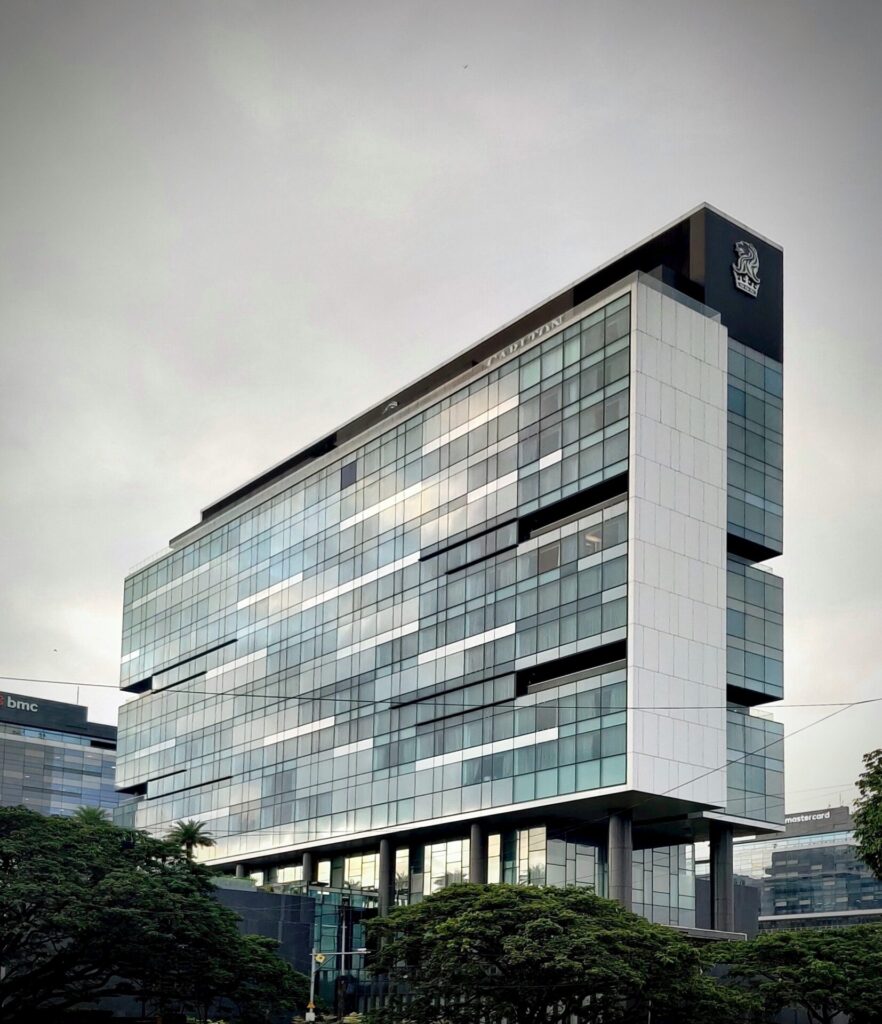Leasing a commercial property can be a complex and daunting process, filled with legal intricacies and financial considerations. As a business owner or tenant, understanding your lease agreement is crucial for a successful and sustainable venture. We have compiled 7 indispensable tips that your leasing lawyer should share with you. Whether you are stepping into your first commercial lease or seeking to optimise your current arrangement, these insights tailored for the Australian market will empower you to make informed decisions and navigate the leasing landscape with confidence.
1. How much do I pay when I sign the lease?
The initial payment typically includes a security bond or guarantee, rent for the first month, and possibly additional fees such as the legal costs associated with the lease.
2. How much is a standard commercial bond?
The security bond or guarantee varies but is often equivalent to approximately 3 to 6 months rent. It serves as security for the performance of the lease obligations.
3. How are commercial leases paid?
Commercial leases are typically paid on a monthly basis, although other payment frequencies may be negotiated.
4. Who pays for the lease contract?
This depends on whether it is a retail shop lease or a commercial lease and often, what you have negotiated. If it is a retail shop lease the landlord cannot charge for the preparation of the lease, but may charge for costs not directly associated with the lease preparation. If it is a commercial lease, the landlord may charge for the preparation of the lease or each party may pay their own legal costs.
5. What forms the outgoings cost?
Outgoings costs may include property taxes, insurance, maintenance, utilities, and common area expenses. The lease will specify exactly what the outgoings will include.
6. When do you need a survey plan?
A survey plan may be required when determining the boundaries and dimensions of the leased premises, especially for new construction or renovations.
7. Do I need insurance?
Yes, tenants are often required to obtain insurance covering liability, property damage, and potentially business interruption, as specified in the lease.
In the dynamic realm of commercial leasing, knowledge is power. By embracing the wisdom shared by your leasing lawyer, you can embark on your leasing journey equipped to make sound decisions that protect your interests and pave the way for business success. Remember, a well-negotiated lease agreement is not just a legal document, but a strategic asset that can contribute significantly to the growth and sustainability of your enterprise. So, leverage these seven tips, collaborate closely with your leasing solicitor, and embark on your leasing endeavours with clarity, assurance, and a firm understanding of your rights and obligations. Call us today for a free 20 minute strategy call with a Leasing Lawyer to discuss your lease on (07) 3186 8669. We offer fixed fee pricing to review or draft your Lease so you can be confident that there will be no surprise at the end of our engagement.
Aleksandra Moore
Associate Director





